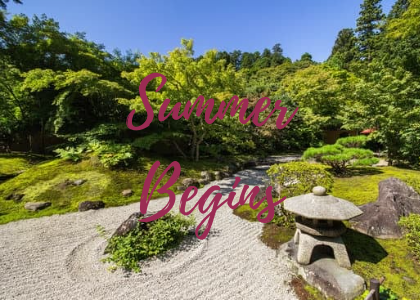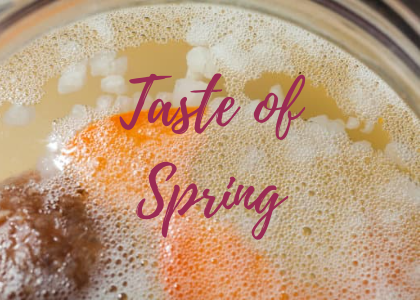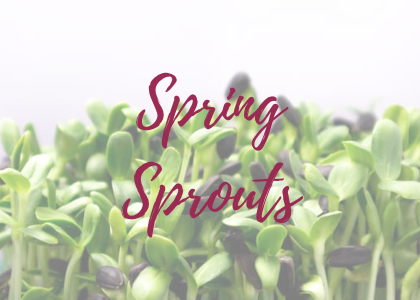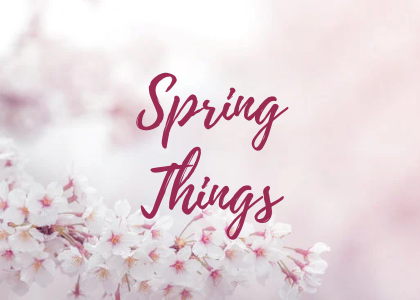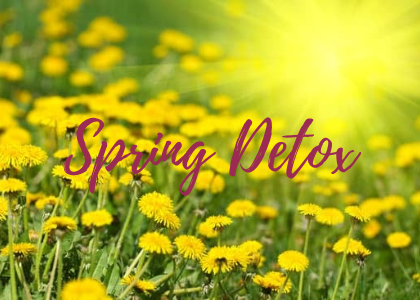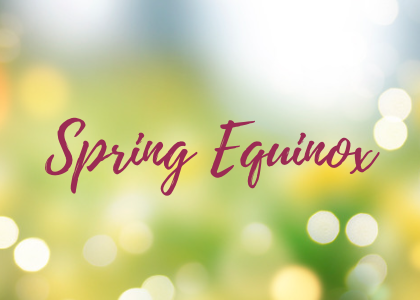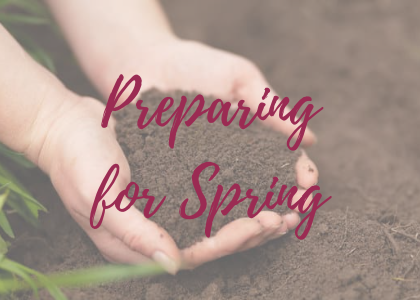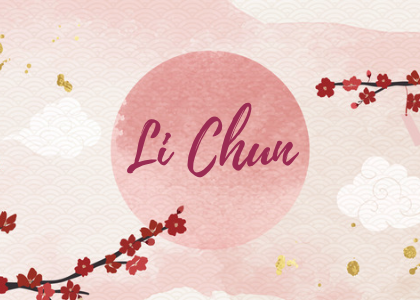her rituals blog

Looking for something?
Search the HER Rituals Blog
Use the filtering feature to find a blog about a ritual or season you’re interested in.
Can’t find what you’re looking for? Contact me to send in your requests.
Summer Stack
One of the most enjoyable pastimes during Summer is having the time to read. Whether its the book you bring with you for a day at the beach or pack in your bag to the island resort on your vacation, the book you read in the hammock in your own backyard or the audiobook you listen to on your road trip, it can be fun to read books set during the Summer months. No matter your favorite genre, there’s a Summer stack of books for you!
More Busy
The ninth solar term of the Chinese calendar is called Mang Zhong. The third solar term of Summer, Mang Zhong means “Grain in Beard”. This is the time of year in which the wheat and barley become mature enough to harvest. The wheat ripens with its beard and the seeds to plant next season are secured.
Another translation of Mang Zhong is “Busy Planting”. These long, hot days that mark the beginning of midsummer are considered the busiest time for farmers who are harvesting grain in the Northern regions and planting rice in the Southern areas. We are approaching the days with the most hours of sunlight, so farmers are busy planting and reaping, sowing and harvesting, weeding and tending to their fields and farms.
Sunday Rituals
Each day of the week vibrates at a different energy frequency. There are the Sunday scaries that set in toward the evening if you haven’t utilized your weekend well or prepared for the week ahead. The dreaded Monday morning when a new work week begins. Mid-week Wednesday, known as “hump day”, related to getting through that day so you’re one day closer to the weekend. And the acronym, TGIF, standing for “thank goodness it’s Friday”, expressing the relief that comes with the final day of the work week.
Less Full
The eighth solar term of the Chinese calendar is called Xiao Man. The second solar term of Summer of Xiao Man has two meanings depending on the climate. Both are related with the cultivation of crops, particularly cereal grains like wheat and rice.
Originally, Xiao Man meant “to overflow” or “to be full”. The heavy and frequent rainfall this time of year gradual fills the rivers, making the water levels rise, sometimes causing it to overflow. Confucian teachings caution against being too full to the point of overflowing, as it’s believed that “excessive fullness invites loss” and “extremes lead to reversals”.
Nourishing Yin
Each year, Mother’s Day is celebrated during the transitional period of Mother Earth element energy between Spring and Summer. It’s a short respite of fertile yin energy between the budding and blossoming yang energy of the Wood element of Spring and blooming and ripening yang energy of the Fire element of Summer. This day that honors the unconditional love of mothers and the self-sacrifice of motherhood perfectly coincides with this brief interval of balancing and stabilizing Mother Earth energy.
Summer Begins
The seventh solar term of the Chinese calendar is called Li Xia. Li Xia means, the “Beginning of Summer”. It’s the time of year when we begin the transition out of Spring and move into Summer.
As with all seasonal transitions, there is an intermediate period of energy stabilizing Earth energy. The Wood element of Spring fuels the Fire element of Summer. But first, there is a respite in which the ascending yang energy is balanced by the yin energy of Mother Earth.
Taste of Spring
Spring, the first season of the year, is represented by Wood, the first of the Five Elements in the productive cycle. The Wood element is associated with the sour taste. So, in addition to eating Spring greens and fruits and veggies in season, now is a good time to practice making your own properly fermented foods and drinks.
Spring Sprouts
The sixth solar term of the Chinese calendar is called Gu Yu. Gu Yu means, “Grain Rain”. It’s the time of year when Spring rain helps the grain to grow and yield a bountiful harvest later in the year.
Spring Things
Just like seasonal fruits and veggies, there are some things that you can only enjoy to their fullest in the Spring. The following is a list of some ideas for Spring Things to do. Make your own list of things to do this Spring. Add some seasonal activities in your local area. Or, plan to take a day trip to a cherry blossom or lavender festival. Ask your partner, children or other family members what they would like to do and add their ideas to the list.
Pure Light
Following Spring Equinox, the fifth solar term of the Chinese calendar is called Qing Ming. Qing Ming means, “Pure Brightness”. It’s the time of year when the weather is beginning to warm up, the skies are clear and the sun is bright.
Emotion Clearing
Emotions are energy in motion. It’s important to allow our emotions to move through us and then release them. When we suppress or don’t express our emotions they can get stuck and stored in our bodies. And that can eventually cause us some health issues.
Spring Detox
You can do your own internal spring cleaning with a Spring Detox. In addition to a parasite cleanse, there are other detox protocols you can do in the Springtime. Some may involve herbal supplements, detoxification methods or other holistic practices.
Spring Equinox
Spring Equinox is the first day of a new season. Spring is a time of rebirth and renewal. It’s a time for a fresh start!
Spring has officially arrived in the Northern hemisphere! In the past, we’ve celebrated the first day of Spring on March 21st. However, astronomers recently started saying that Spring now starts on March 20th, in all time zones across North America.
Lucky Charms
Lucky charms are any object that people believe bring good luck. Some people wear lucky charms that have special significance to them on bracelets or other jewelry. Pagans wear amulets or talismans they believe have magical powers or protective properties against evil influence or ill will wishes. The religious believe their sacred objects have no power of their own without faith in Jesus, or that they have to be blessed by a holy man and that the bearer of the sacred objects must be right with God.
Preparing for Spring!
Spring Equinox on March 20th is just a week away! To prepare for the new season, you’ll want to do some journaling and planning. The new year is coming, so get yourself a new journal or day planner for the new year ahead.
Spring Cleaning
The third solar term of the Chinese calendar is called Jing Zhe. Jing Zhe means, “The Waking of Insects”. It’s the time of year when hibernating animals awaken from their deep sleep and long winter’s nap. Traditional Chinese folklore says hibernating insects are startled awake by thunderstorms.
Rain Water
The second solar term of the Chinese calendar is called Yu Shui. Yu Shui means “Rain Water”. It’s the time of year when frozen rivers begin to thaw and Spring rain begins to fall. The earth is being prepared to provide the moist, fertile ground for seeds to germinate and sprout, establish their roots and grow. As we shift from Winter’s Water energy to Spring’s Wood energy we move through the transitional Mother Earth energy.
Chinese Solar New Year
Li Chun is the Chinese Solar New Year. It occurs between February 2 - 5. Although the date has been standardized to February 4th, like the Chinese Lunar New Year, the official date can vary by a few days from year to year.
February Self Love
February is the month to show yourself some more love. Don’t limit your expressions of self love to a single day of the year on February 14th. Be intentional this month about getting better at loving yourself.
In the Belly
February is a transitional time of year, between the end of Winter and the beginning to Spring. Over the millennia, various cultures celebrated the new year in their own unique ways. While billions are celebrating Chinese Lunar New Year, millions of others are celebrating the end of the year and the beginning of a new one with Imbolc in the West and Li Chun in the East.





